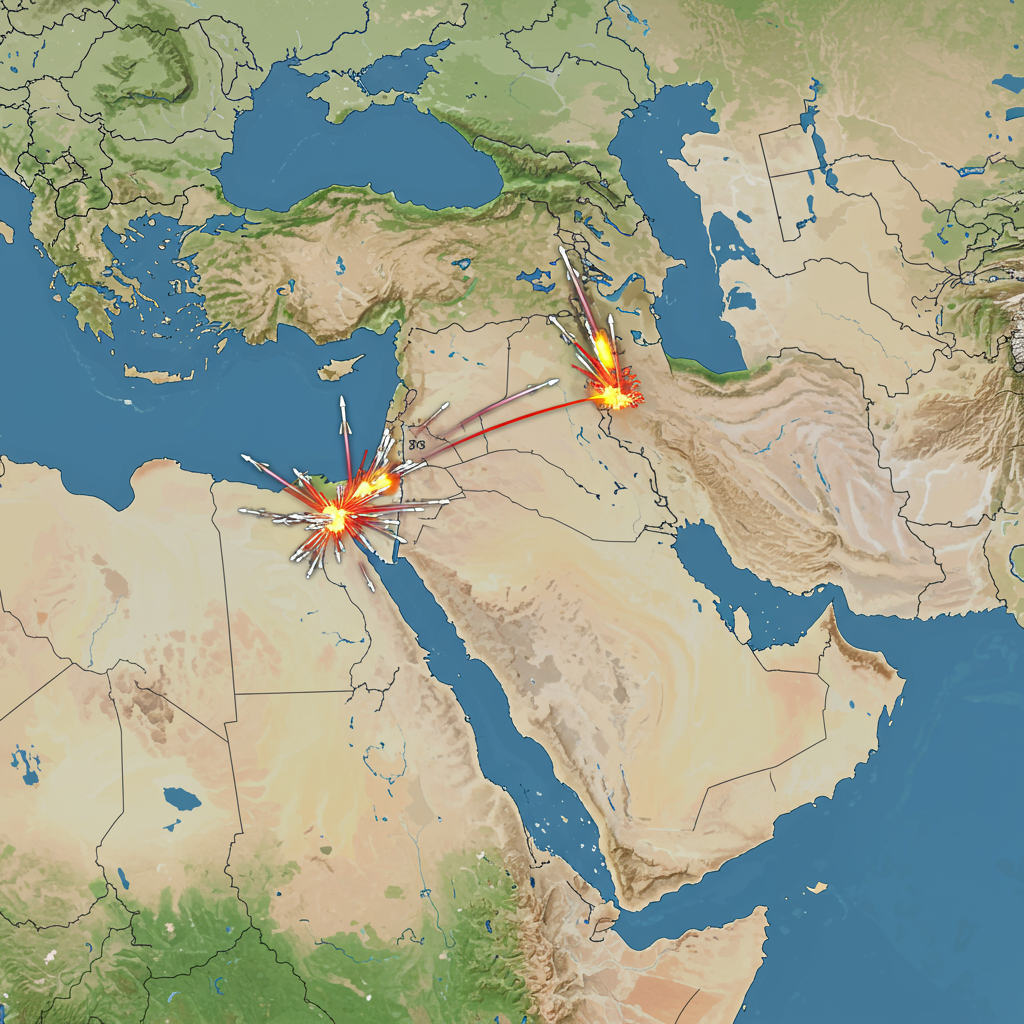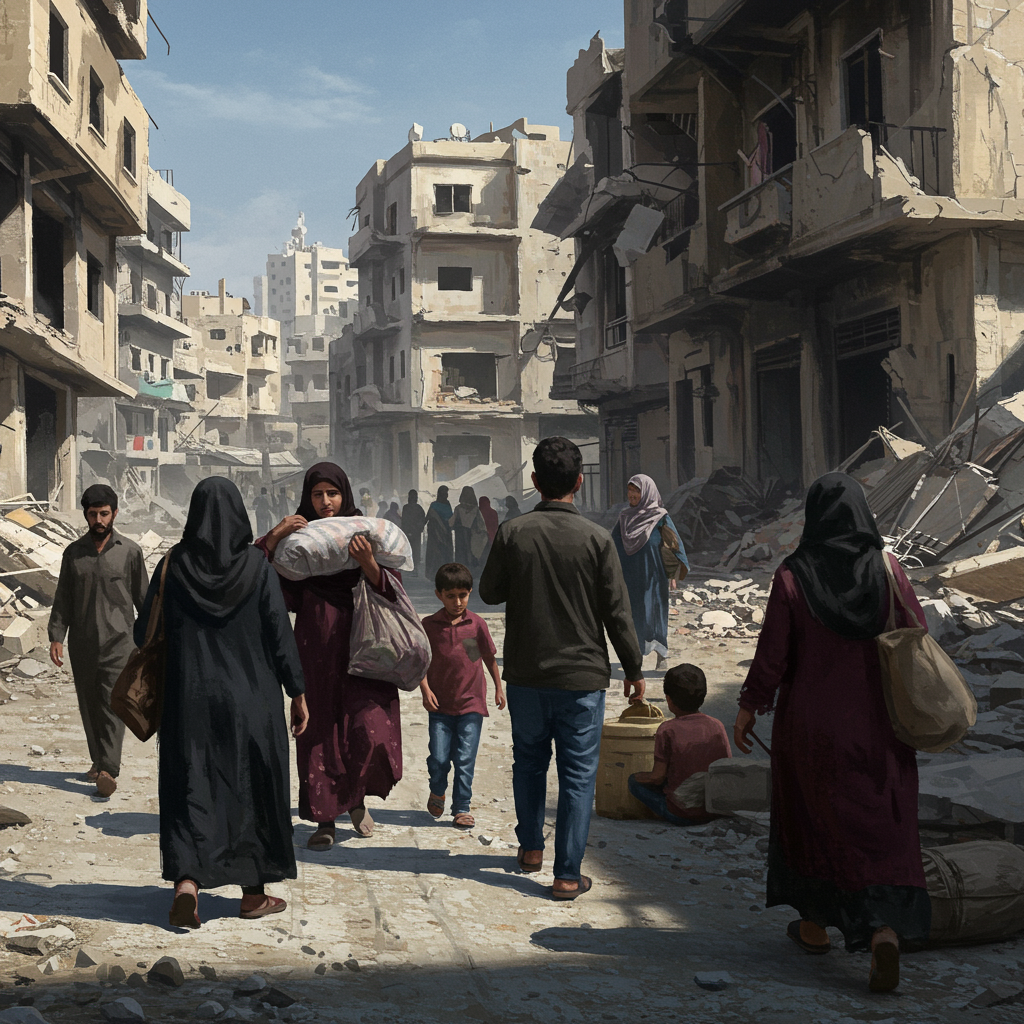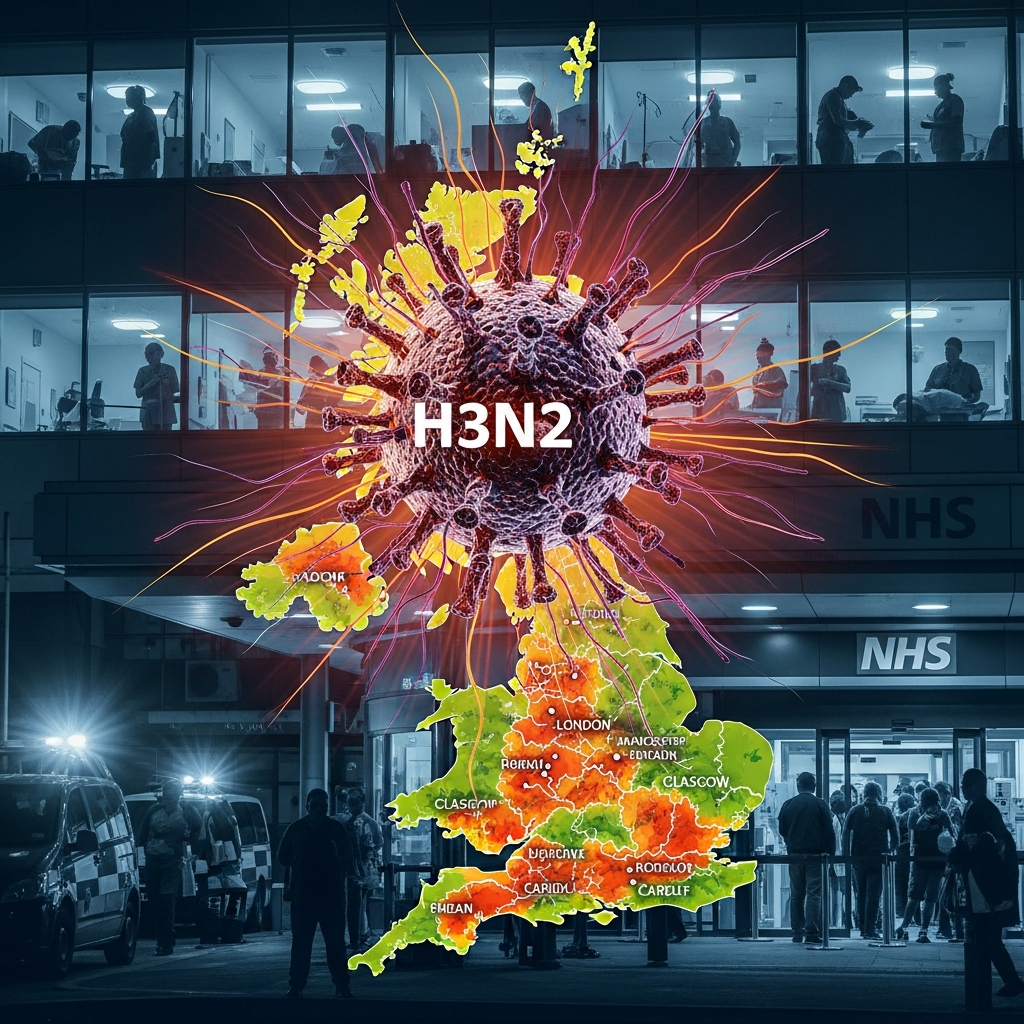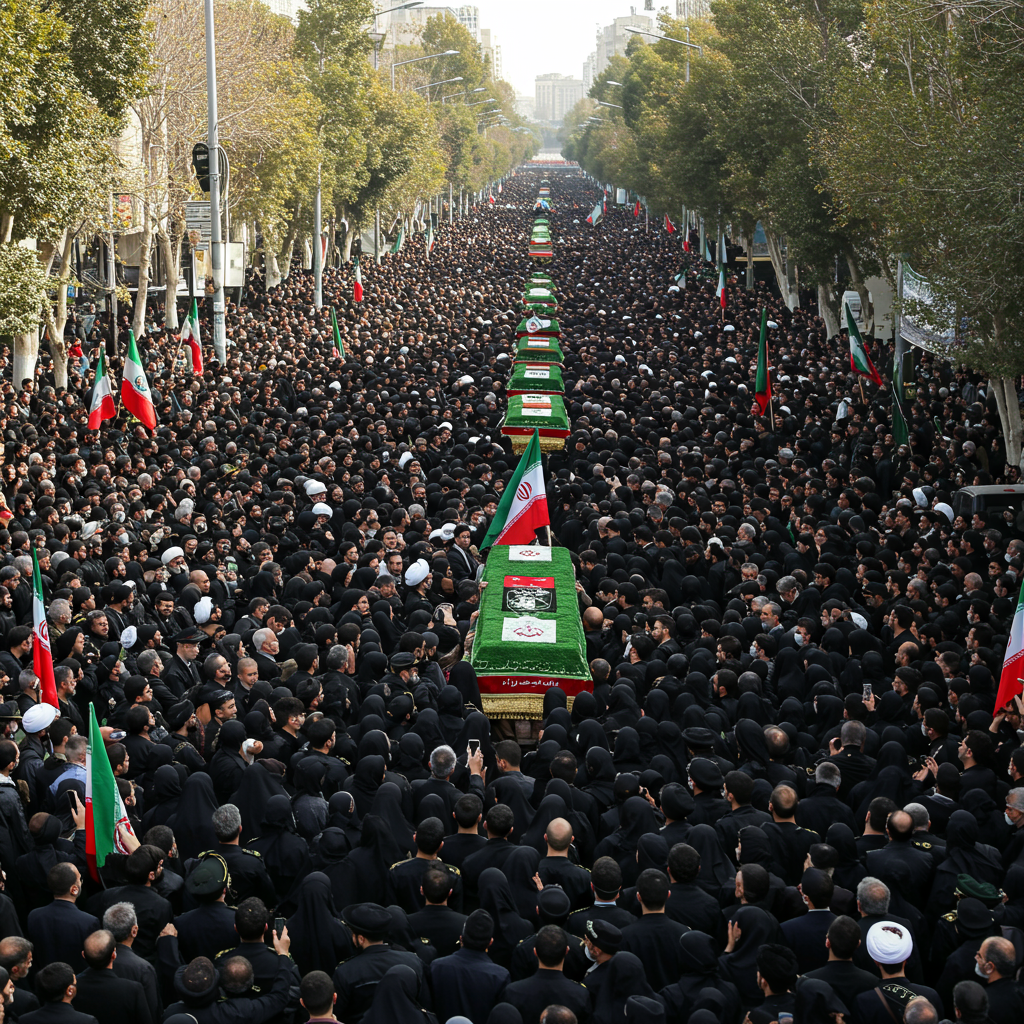The simmering rivalry between Israel and Iran has erupted into direct military exchanges, sending ripples of dread across the Middle East. As these two heavily armed regional powers engage in overt conflict, their neighbors are gripped by fear that the hostilities could swiftly spiral into a devastating wider war, pulling more nations and proxies into a catastrophic regional conflagration.
Escalation: Missiles, Strikes, and Threats
The current crisis significantly deepened following a large-scale ballistic missile attack launched by Iran towards Israel. Tehran justified the barrage as a “legitimate defensive right,” explicitly citing recent Israeli actions, including the targeting of key figures within Iran and Hezbollah. While Israeli and allied defenses, notably including assistance from U.S. destroyers, successfully intercepted the vast majority of the incoming projectiles, causing limited damage and casualties, the attack triggered immediate vows of strong retaliation from Israel.
Concurrently, Israel has significantly intensified its military operations, particularly in southern Lebanon against the Iran-backed Hezbollah militia. These actions have involved limited ground incursions and widespread, intense aerial bombardment, causing immense destruction in areas of Beirut and resulting in a severe humanitarian crisis.
The conflict is marked by dangerous tit-for-tat threats. Israeli Prime Minister Benjamin Netanyahu has warned that Iran “will pay” for its attack. In response, top Iranian military officials have threatened “multiplied intensity” and a “far more crushing response” if Israel retaliates by striking Iranian territory.
Fear Spreads Across Borders
The human toll and pervasive fear extend far beyond the primary combat zones. Across the Middle East, civilians live under the constant shadow of escalating violence. Rawan Muhaidat, a mother of two in northern Jordan, articulated the widespread anxiety, stating, “We are constantly afraid, and the psychological toll has been heavy.” The terrifying sight of missiles streaking across the sky and the booms of air defenses shooting them down leaves families cowering, fearing their homes could become collateral damage.
In Lebanon, the consequences of the intensified conflict are stark, with the humanitarian situation described as “apocalyptic.” An estimated one million people have been displaced, facing severe struggles to meet basic needs like food, shelter, and healthcare amidst the relentless Israeli strikes.
The palpable regional fear has even prompted preventative actions from other nations. Countries like Australia have felt compelled to urgently evacuate diplomatic staff and their families from Tehran, highlighting the tangible threat posed by potential escalating Israeli strikes within Iran itself.
Beyond the Core Conflict: A Region on Edge
The instability isn’t confined to Israel, Iran, and Lebanon. The broader region remains volatile, interconnected by alliances and rivalries. Significant military operations continue in Gaza. Houthi forces in Yemen continue targeting vital shipping routes, drawing retaliatory strikes. Reports of incidents near Israeli embassies in Europe further underscore the global reach of these tensions.
The Shadow of Wider War and External Involvement
The most profound concern is the potential for the conflict to metastasize into a full-blown regional war. The prospect of U.S. involvement looms large. While U.S. officials have strongly condemned Iran’s actions and affirmed support for Israel’s defense, they have also reportedly cautioned against certain escalatory steps, such as targeting Iranian nuclear facilities, preferring a “proportional” Israeli response. However, the risk remains that continued reciprocal strikes could draw U.S. assets directly into the fighting or activate a network of Iran-aligned proxy forces across the Middle East, targeting American interests or disrupting vital global trade routes and energy infrastructure.
International Calls for De-escalation Amidst Division
The escalating crisis has triggered urgent international diplomatic activity. The UN Security Council has convened emergency meetings, reflecting global concern. While there is widespread consensus on the need for de-escalation, divisions exist regarding blame and the path forward. Nations like Russia and China urge restraint from all parties, viewing the unresolved conflict in Gaza as a root cause of the broader instability. Western countries have largely condemned Iran’s missile attack and supported Israel’s right to self-defense, but many are also expressing deep concern over the humanitarian impact, particularly in Lebanon, and are urging restraint from both sides. Many nations are actively assisting in the interception of missiles or planning urgent evacuations for their citizens from areas at risk, underscoring the tangible global impact of the regional tensions.
As Israel and Iran navigate this dangerous new phase of direct confrontation, the overriding fear throughout the Middle East is that the current hostilities are merely precursors to a broader, more destructive regional war. The coming days and weeks are critical in determining whether diplomatic efforts can avert a catastrophic escalation that millions across the region desperately hope to avoid.




